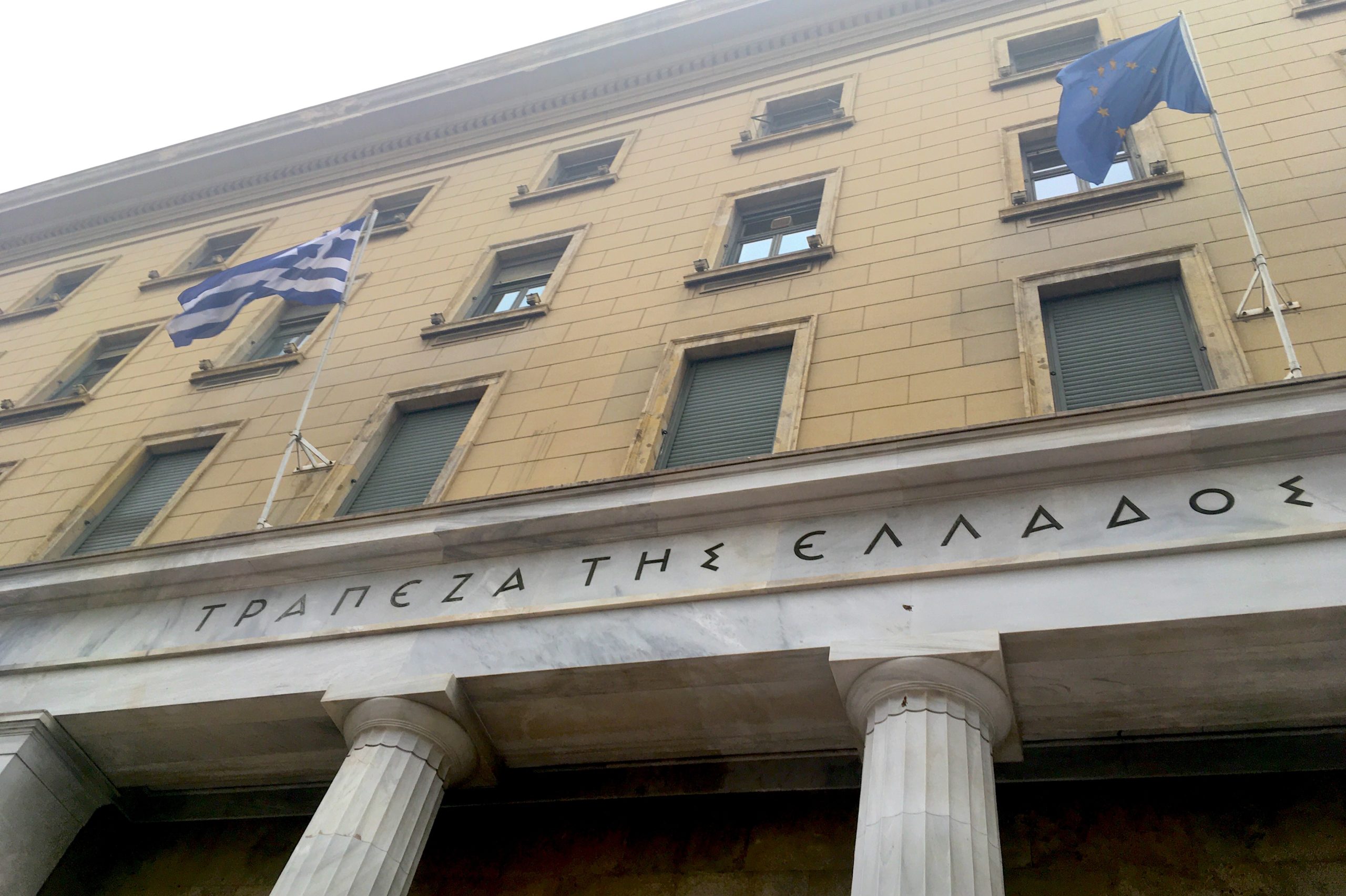

A startling 70.4 percent of Greek firms reported either no profits or earnings lower than the annual salary of a minimum-wage employee for the 2023 fiscal year, according to data released by the Hellenic Institute of Public Administration.
The findings stem from the analysis of corporate income tax filings submitted in 2024 and reveal a troubling disconnect between the reported financial health of businesses and the broader narrative of economic recovery and sustained growth in the country.
Specifically, of the 356,601 legal entities surveyed—including S.A., O.E., E.E., E.P.E., and IKE companies:
In total, 251,073 companies—roughly 7 in 10—filed results that suggest they earned less than the annual income of a minimum-wage worker.
This statistical portrait paints a grim picture for the Ministry of National Economy and Finance, which is now closely examining the figures for signs of systemic issues, including potential tax evasion. The discrepancy between these filings and the country’s generally positive economic indicators has only added to the ministry’s concerns.
As one senior official put it, “The profitability of Greece’s corporate sector seems to be carried almost entirely by just 3 out of 10 businesses.”
The data comes amid occasional but growing criticism from the Ministry’s leadership, who have publicly acknowledged suspicions of widespread underreporting and profit concealment by businesses. The figures are expected to prompt new policy discussions and potential legislative interventions targeting tax transparency and enforcement.
With Greece’s economy showing signs of renewed momentum, the pressure is on for authorities to ensure that growth is reflected not just in macroeconomic data, but in fair and accurate corporate tax contributions as well.
A recent report by the Centre for Economic Policy Research (CEPR) sheds light on the scale of the shadow economy across the European Union, with Greece emerging as the country with the highest level of informal economic activity.
The shadow economy—consisting of unregistered businesses, undeclared wages, and tax evasion—remains a major challenge, weakening public finances, deepening inequality, and eroding trust in institutions.
According to the study, Greece’s shadow economy accounts for 36 percent of its Gross Domestic Product (GDP)—more than double the average for developed nations (17 percent) and significantly higher than the EU average.
The report highlights a worrying trend: between 1999 and 2020, Greece’s informal economy expanded by 4 percent, despite efforts to promote digital transactions, tighten regulatory frameworks, and introduce economic reforms. Spain and Latvia recorded the largest increases at 7 percent, while more regulated economies such as Germany, Austria, and Belgium saw only a 1 percent rise.
Tax evasion not only diverts public revenues but also represents missed opportunities for Greece, newly appointed Finance Minister Kyriakos Pierrakakis noted recently.
“Tax evasion undermines social justice and deprives education, healthcare, and infrastructure of valuable resources,” Pierrakakis added.
Related: Greece to Pay Citizens €3,000 for Reporting Tax Evasion
